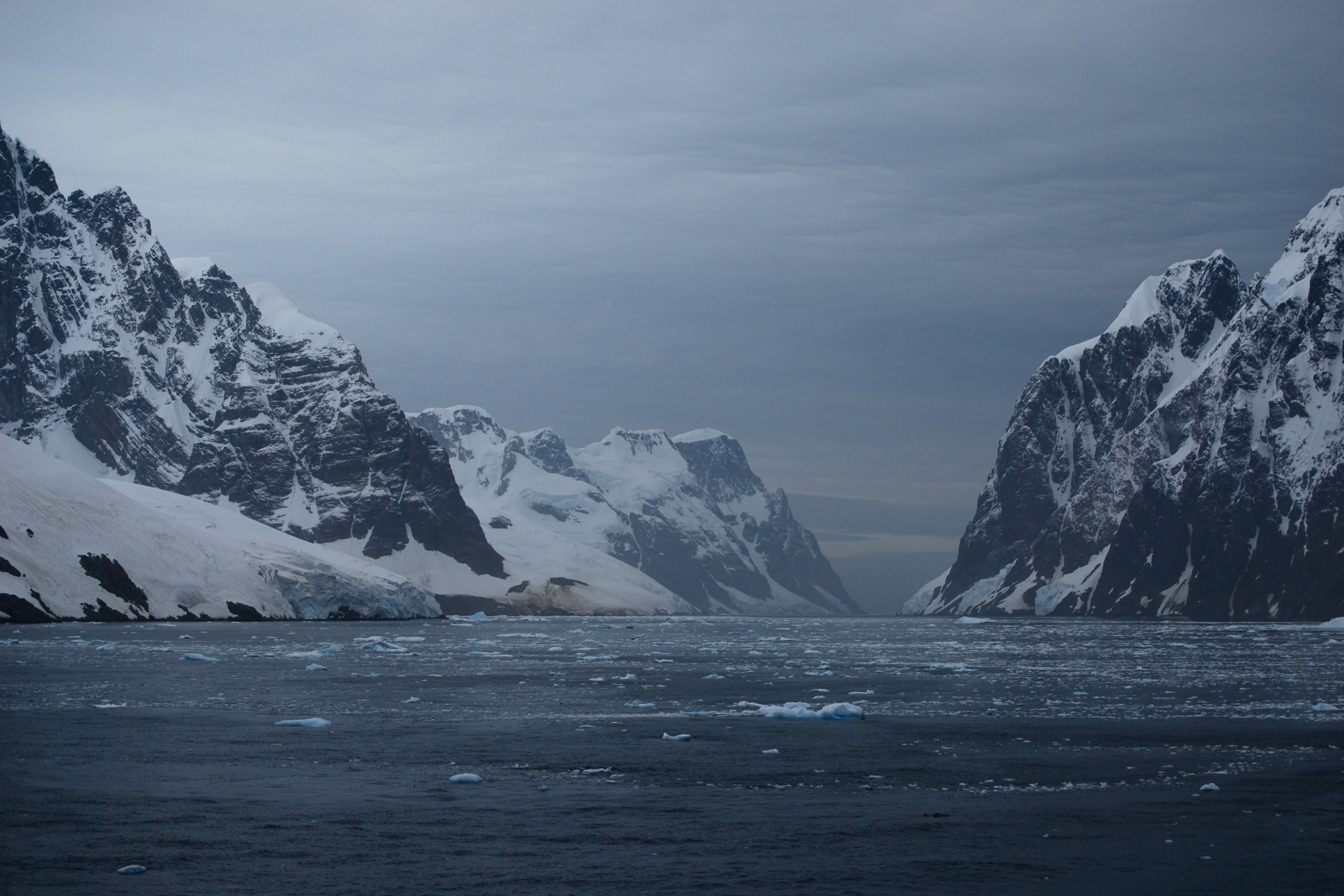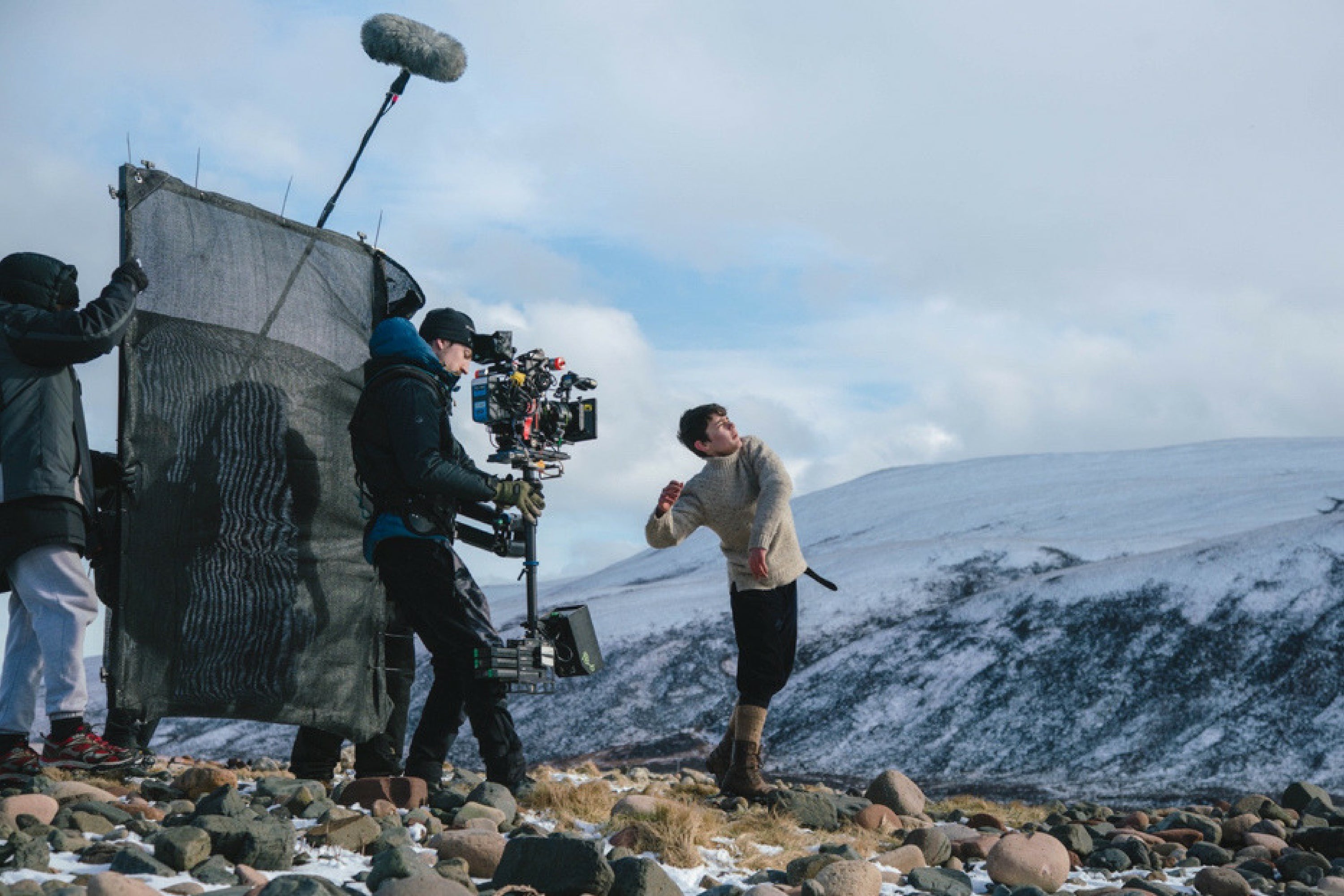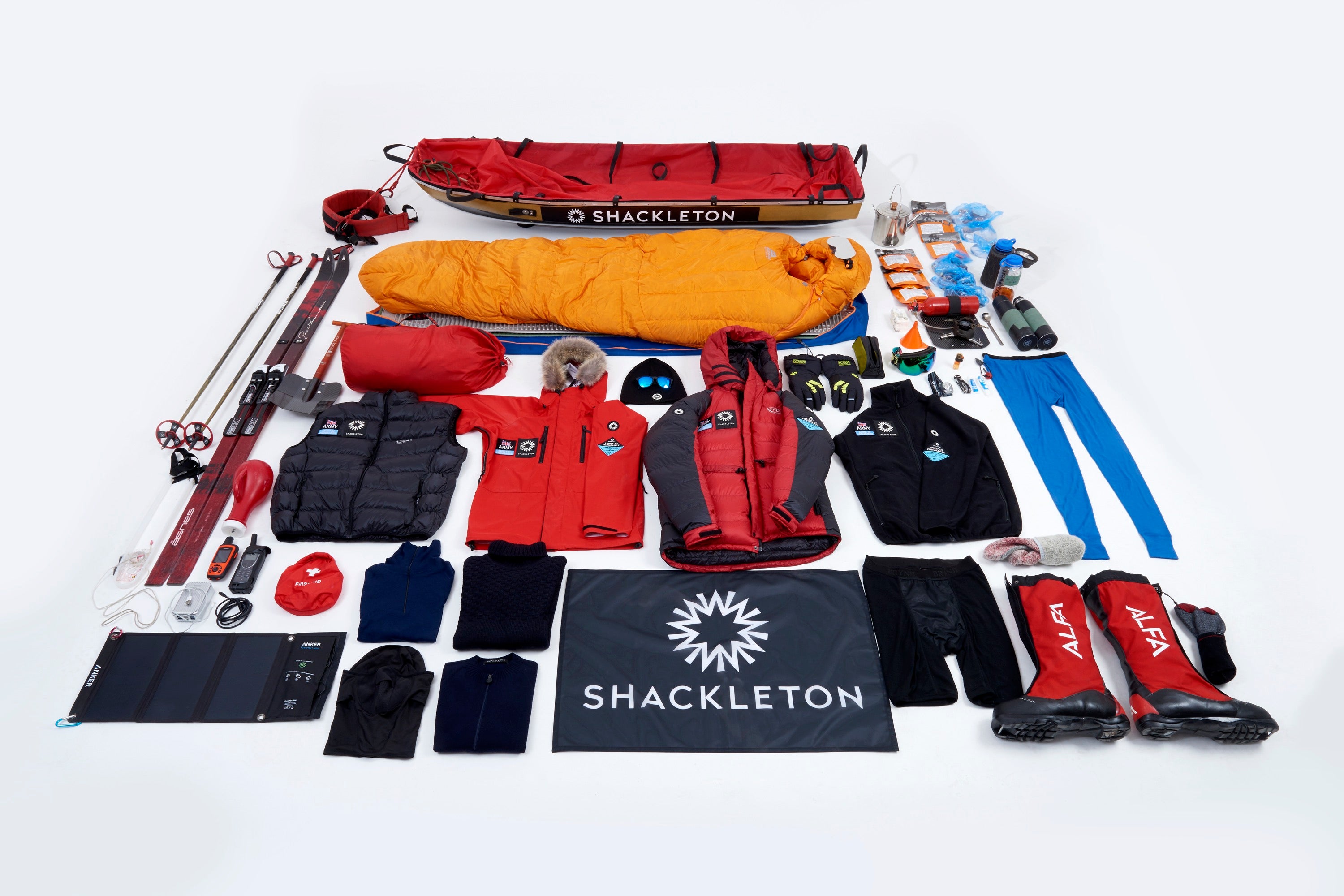
Steve Jones, the eyes of Antarctica
Meet Steve Jones, Expedition Manager at Antarctic Logistics & Expeditions and the man responsible for Louis Rudd’s safety as he forges ahead on his solo and unsupported traverse of Antarctica.
Of all those who support Louis Rudd, only one man shoulders the burden of his physical safety. That man is Steve Jones, Expedition Manager at Antarctic Logistics & Expeditions (ALE). If something goes wrong he is the only person who is capable of reaching Rudd.
Since the first plans came together for the Spirit of Endurance Expedition, Steve Jones has been planning, budgeting and tracking Rudd’s solitary progress across the ice. From their base in Union Glacier Camp, Jones and his team monitor Rudd’s data via an Iridium satellite tracker.

“We know where he’s been,” says Jones, “where he’s going and how quickly he’s getting there. When it comes to Lou, we’re Big Brother – and, crucially, we have personal experience of what he’s trying to do, even if not quite at that level of challenge.”
Not only does Jones know what Rudd is going through, but he also knows the man personally. In 2011 Jones was responsible for Rudd’s safety during his first polar expedition. Then in 2017 he oversaw the trans-Arctic SPEAR17 traverse, when Rudd led six army reservists across the continent. During that time Jones gained extensive insight into Rudd’s behaviour and mental state during a logistically similar 1000-mile journey.
“Lou is extremely motivated,” says Jones. “He’s a tough-minded individual and he knows he just has to do his best every day, drawing on his extensive experience in order to overcome adversity. The potentially tricky aspect is that people on expeditions aren’t always the most reliable judges of what state they’re in.”
The danger with an unstoppable force like Lou is that his determination to finish might put him at risk. It could prevent him from revealing the toll of his journey and securing a safe escape a moment before it’s desperately needed. Jones is undaunted by the prospect of this happening.

“Well, photographs speak a thousand words, don’t they?” says Jones. “If you can see someone has frostbite on their face from a selfie taken inside their tent, or you spot that they’ve burned a hole in their tent and they haven’t reported it, then those are the sort of things that you report back.”
ALE’s team of experienced expedition staff know precisely the warning signs to look out for. The cues can be subtle, hidden in tone or terminology.
“One of the reasons we insist they phone us every day instead of just sending over a quick email,” says Jones, “is that our comms operators gain a lot from hearing someone’s tone of voice. Their tone tells you if they’re fed up or not, whether they’re struggling, and it’s key to helping you effectively gauge if a situation that requires intervention is developing.”
As the Spirit of Endurance unfolds, Jones will carefully analyse Rudd’s data, audio diaries and blog entries, searching for any indication that he might be in trouble. If you think that sounds like a headache, Jones is also monitoring 14 other expeditions at the same time. He will stay vigilant in the UK until January, at which point he’ll head out to Antarctica to be personally on-hand for the final stages of the crossing. By then Rudd will be at his weakest, most exhausted and most vulnerable.
“I’ll be looking at all of the internet output from all the expeditions and SEAL parties on a daily basis,” Jones explains. “That then gets compared with what each expedition is telling the operations team, and any information which is useful, missing or raises a cause for alarm is fed back to our colleagues in Antarctica.”
Of course no one sets foot in these extreme environments unless they’re entirely prepared for the conditions. Pioneers have acquired a hardened mental edge and maintain peak physical fitness at all times. This is not a continent for the unprepared.
“Our team discuss the competence of every expedition member planning to head out,” says Jones. “We recommend whether we’re going to approve them or not, or sometimes suggest they get more training or simplify their plan. There’s a lot of due diligence and we don’t take people on just because they fancy it. Obviously, none of that was an issue with Lou.”

Anything can happen out there in the depths of the frozen wilderness. In 2016, Lieutenant Colonel Henry Worsley – Rudd’s close friend and mentor – attempted the same journey. He was forced to call for help 30 miles from his journey’s end, having already crossed a distance of more than 900 miles. He was rescued and flown to a hospital in Punta Arenas, where he was later diagnosed with bacterial peritonitis. On January 24, Worsley died of organ failure.
“It’s Friday 22nd January,” Worsley said, in his final audio log. “Day 70. When my hero Ernest Shackleton walked 97 miles from the South Pole on the morning of January 9th, 1909 he said he’d shot his bolt. Well today I have to inform you with some sadness that I too have shot my bolt. My journey is at an end. I have run out of time, physical endurance and a simple sheer inability to slide one ski in front of the other.”
Worsley’s death lingers as a stark reminder of the immensity of this undertaking; a solitary journey through biting spindrifts, into the white darkness.
“Safety is paramount to us,” says Jones. “At ALE we are responsible for everyone we take into Antarctica, in part because most expeditions operate under our permit. So we do everything we can over a two-year planning timetable, during which I’m a main contact and provide historic information about the route, tell them how people have done it in the past, and answer any questions on expedition planning and help guide them as best as I can towards a successful expedition. It’s an extremely tough physical, mental and psychological journey – even if it all goes well. But what Lou’s trying to achieve is possible, and he’s got as good a chance of success as anybody.”


